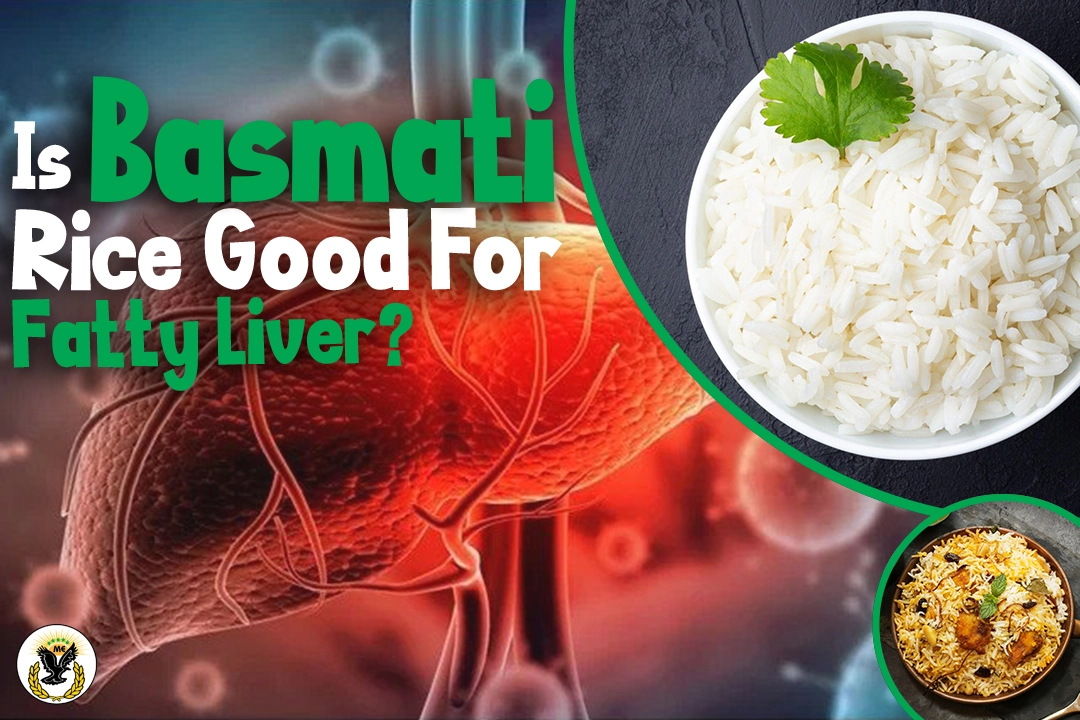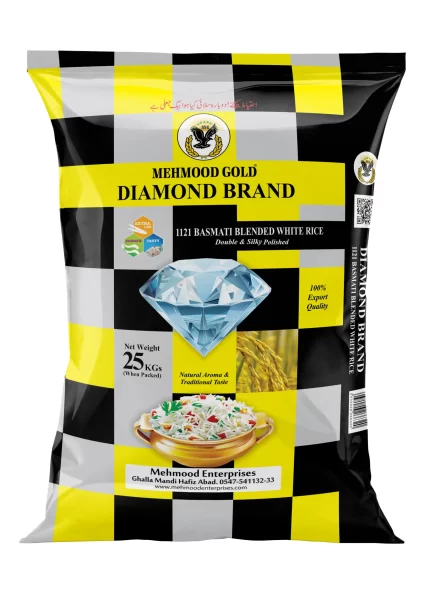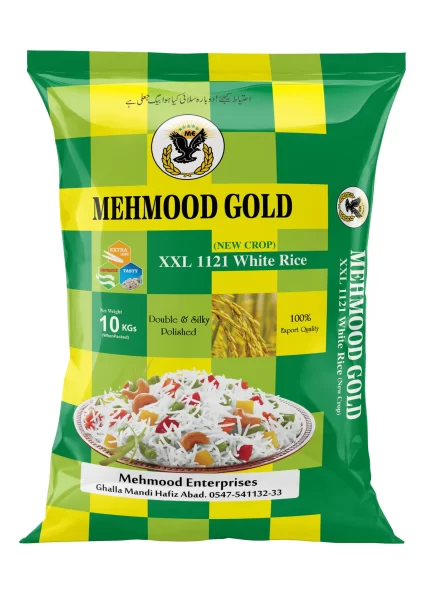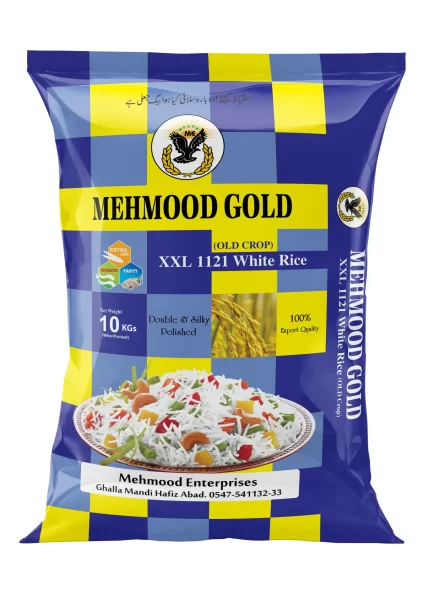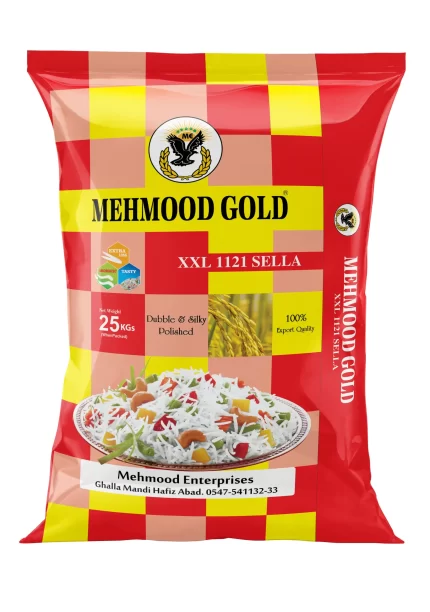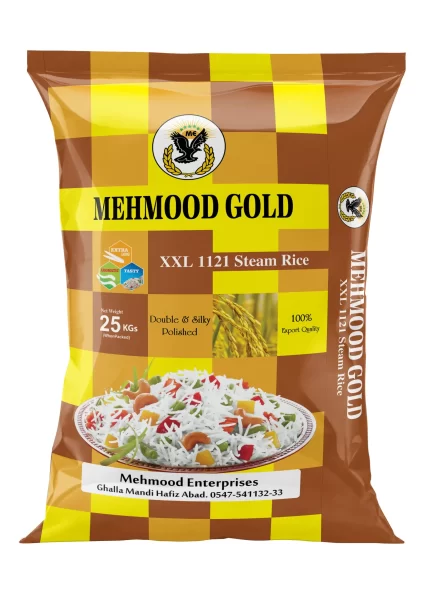When it comes to maintaining a healthy lifestyle, it’s crucial to make informed choices about the food we consume. Fatty liver disease is a condition that affects millions of people worldwide, and diet plays a significant role in its management. Basmati rice, known for its distinctive aroma and fluffy texture, is a popular staple in many cuisines.
In this article, we will explore whether basmati rice is good for individuals with fatty liver and discuss its potential benefits and considerations.
Understanding Fatty Liver Disease
Fatty liver disease is a condition characterized by the buildup of excess fat in the liver. It can be caused by various factors, including obesity, diabetes, high cholesterol, and excessive alcohol consumption. Fatty liver disease is divided into two types: alcoholic fatty liver disease (AFLD) and non-alcoholic fatty liver disease (NAFLD). NAFLD is further classified into non-alcoholic fatty liver (NAFL) and non-alcoholic steatohepatitis (NASH), which is a more severe form.
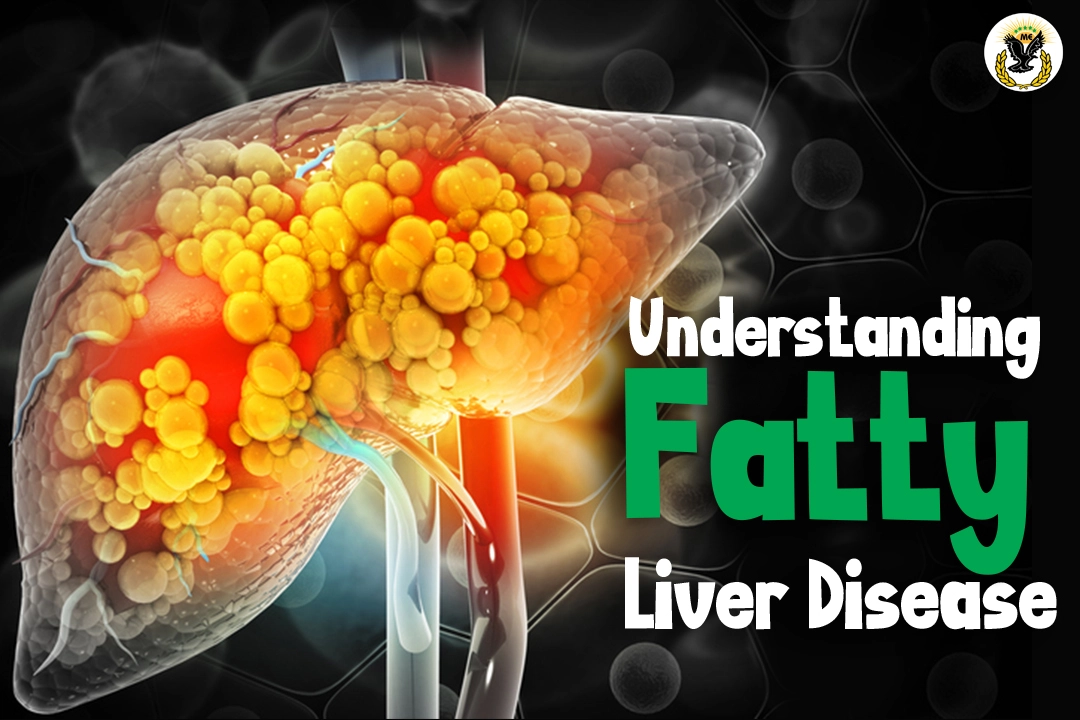
Nutritional Composition Of Basmati Rice
Basmati rice is a long-grain rice variety known for its aromatic fragrance and delicate flavor. It is a rich source of carbohydrates and provides essential nutrients such as thiamine, niacin, and folate. Additionally, basmati rice contains small amounts of protein, dietary fiber, and minerals like magnesium and phosphorus. It is also low in fat and cholesterol.
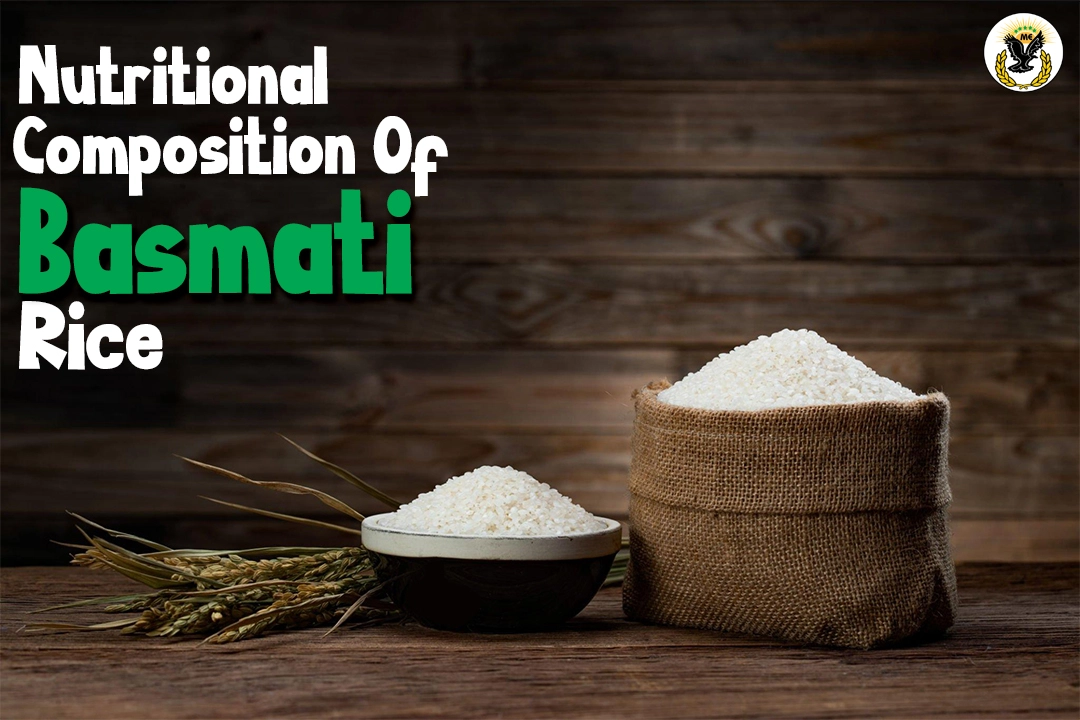
The Glycemic Index And Basmati Rice
The glycemic index (GI) is a measure of how quickly a food raises blood sugar levels. Foods with a low GI are digested and absorbed more slowly, leading to a gradual release of glucose into the bloodstream. Basmati rice has a low to medium GI, which means it is digested more slowly compared to other rice varieties. This gradual release of glucose helps maintain stable blood sugar levels, which can be beneficial for individuals with fatty liver.
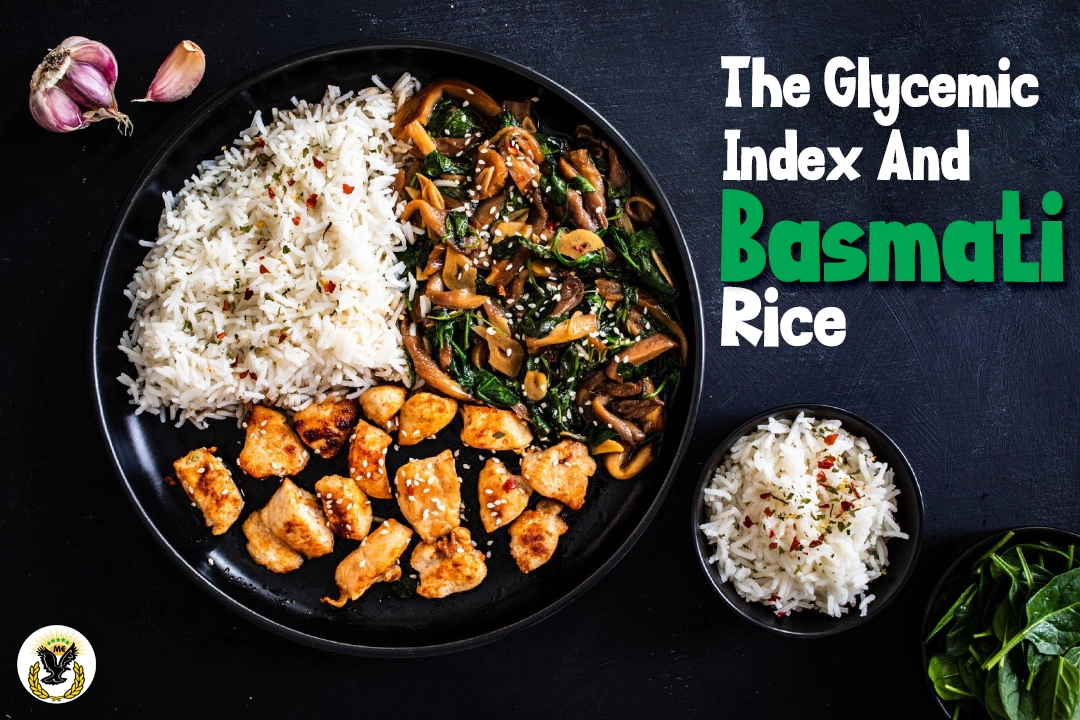
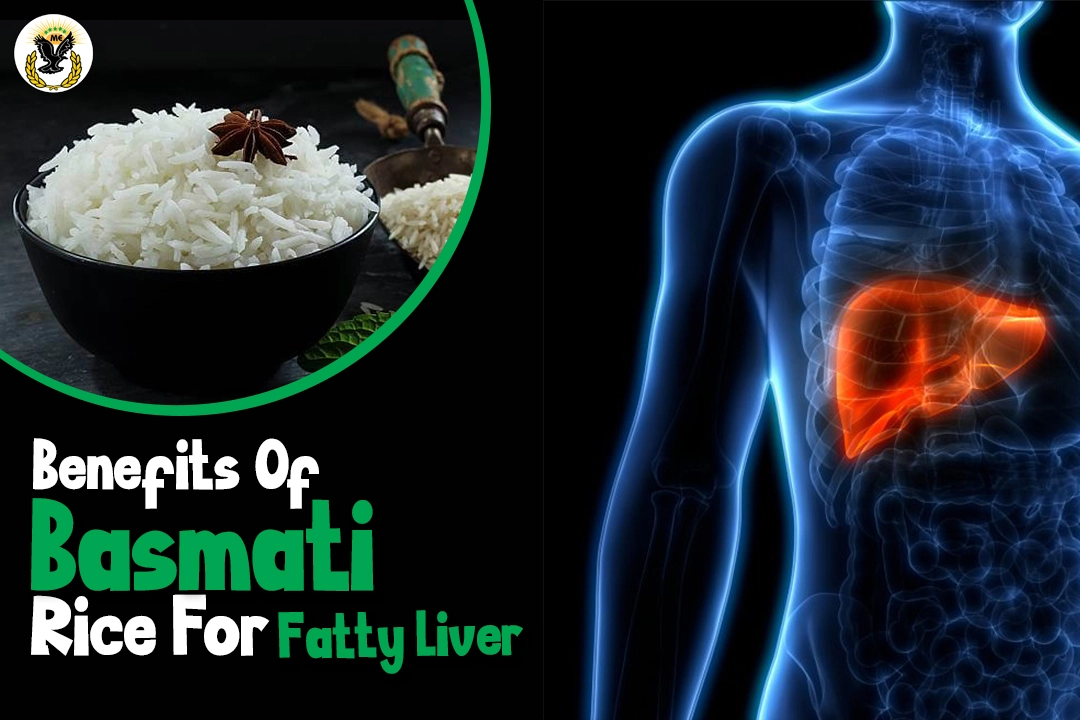
Benefits Of Basmati Rice For Fatty Liver
Basmati rice contains a significant amount of dietary fiber, especially when compared to refined grains. Fiber plays a crucial role in maintaining digestive health and preventing constipation. It also helps regulate blood sugar levels, promotes satiety, and may contribute to weight management, which is important for individuals with fatty liver.
- Low in Fat
Basmati rice is naturally low in fat, making it a suitable choice for individuals with fatty liver. Consuming foods low in fat can help reduce the workload on the liver and prevent further accumulation of fat in the organ.
- Complex Carbohydrates
Basmati rice is a complex carbohydrate that provides sustained energy and is slowly metabolized by the body. This slow digestion process helps prevent spikes in blood sugar levels, which can be beneficial for individuals with fatty liver and insulin resistance.
Considerations For Fatty Liver Patients
While basmati rice can be a part of a healthy diet for individuals with fatty liver, it’s essential to consider a few factors for optimal management of the condition.
- Portion Control
Controlling portion sizes is crucial, even when consuming healthy foods like basmati rice. Overeating can lead to an excessive calorie intake, which can contribute to weight gain and worsen fatty liver. It’s important to be mindful of portion sizes and practice moderation.
- Cooking Methods
The way basmati rice is cooked can affect its impact on fatty liver. Avoid using excessive oil or butter when preparing rice dishes. Opt for healthier cooking methods like steaming or boiling to retain the nutritional benefits of basmati rice without adding unnecessary fat.
- Overall Dietary Balance
While basmati rice can be included in a fatty liver diet, it’s important to maintain a well-rounded and balanced eating plan. Incorporate a variety of fruits, vegetables, lean proteins, and healthy fats into your meals. Focus on whole foods and minimize the consumption of processed and high-sugar foods.
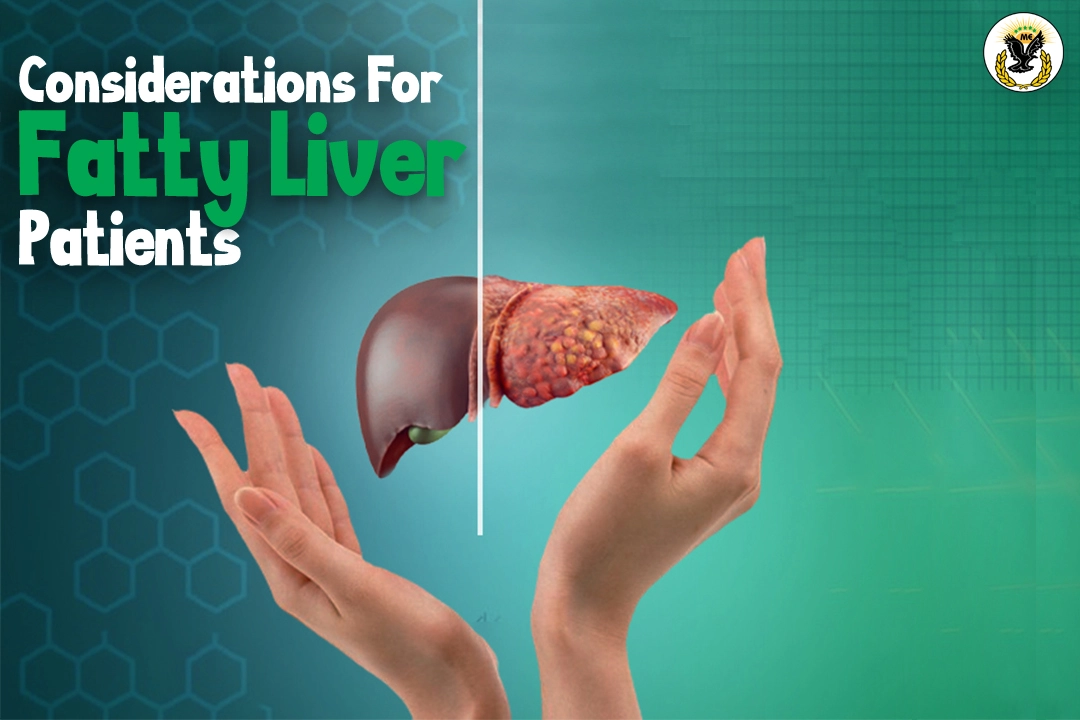
Other Foods For Fatty Liver
In addition to basmati rice, there are other foods that can support liver health for individuals with fatty liver. Some of these include:
- Leafy green vegetables: Rich in antioxidants and nutrients that promote liver health.
- Fatty fish: High in omega-3 fatty acids, which have anti-inflammatory properties.
- Olive oil: Contains healthy monounsaturated fats that can help reduce liver inflammation.
- Nuts and seeds: Good sources of healthy fats, fiber, and antioxidants.
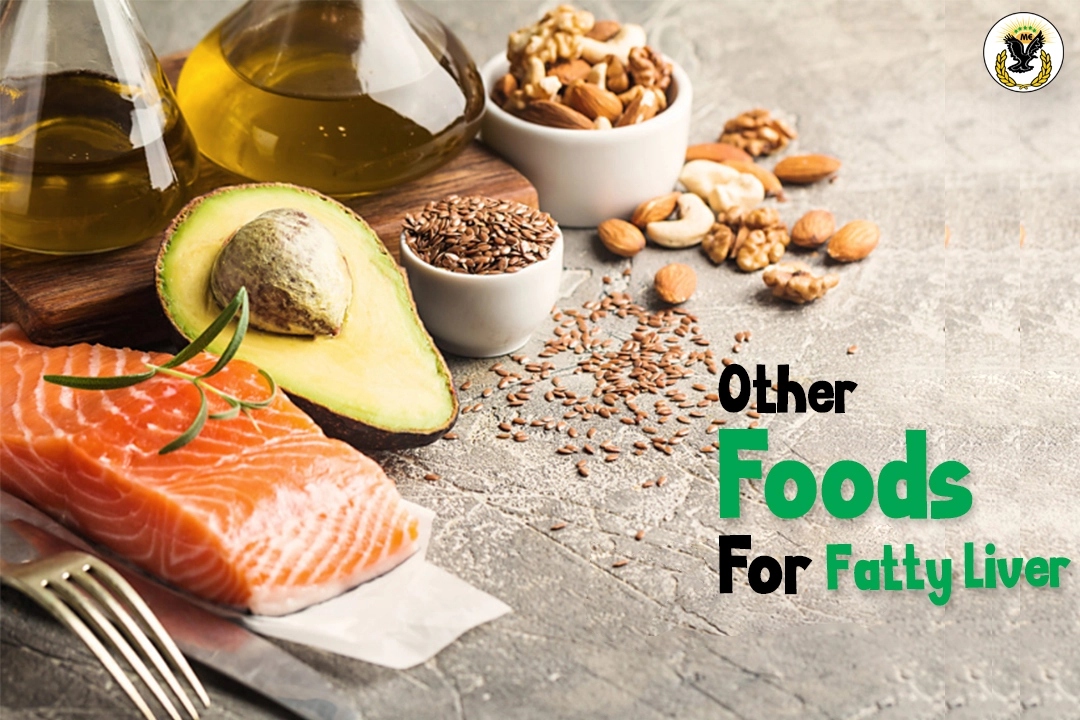
Conclusion
In conclusion, basmati rice can be a part of a healthy diet for individuals with fatty liver. Its low fat content, high fiber content, and low to medium glycemic index make it a suitable choice. However, portion control, healthy cooking methods, and overall dietary balance are crucial considerations. Remember to consult with a healthcare professional or a registered dietitian for personalized dietary advice based on your specific condition.
Frequently Asked Questions
Ans: Basmati rice alone cannot cure fatty liver. It is important to adopt a holistic approach to managing the condition, which includes a balanced diet, regular exercise, and lifestyle modifications.
Ans: The frequency of consuming basmati rice depends on individual needs and overall dietary requirements. It’s best to consult with a healthcare professional or a registered dietitian to determine an appropriate intake based on your condition.
Ans: While there are no specific basmati rice varieties recommended for fatty liver, choosing whole grain or brown basmati rice can provide additional fiber and nutrients compared to white basmati rice.
Ans: Basmati rice can be consumed during all stages of fatty liver disease, but portion control and overall dietary balance are important factors to consider.
Ans: Brown rice is a nutritious whole grain option that provides more fiber and nutrients compared to white basmati rice. It can be a good choice for individuals with fatty liver, but both brown rice and basmati rice can be incorporated into a balanced diet to support liver health.

